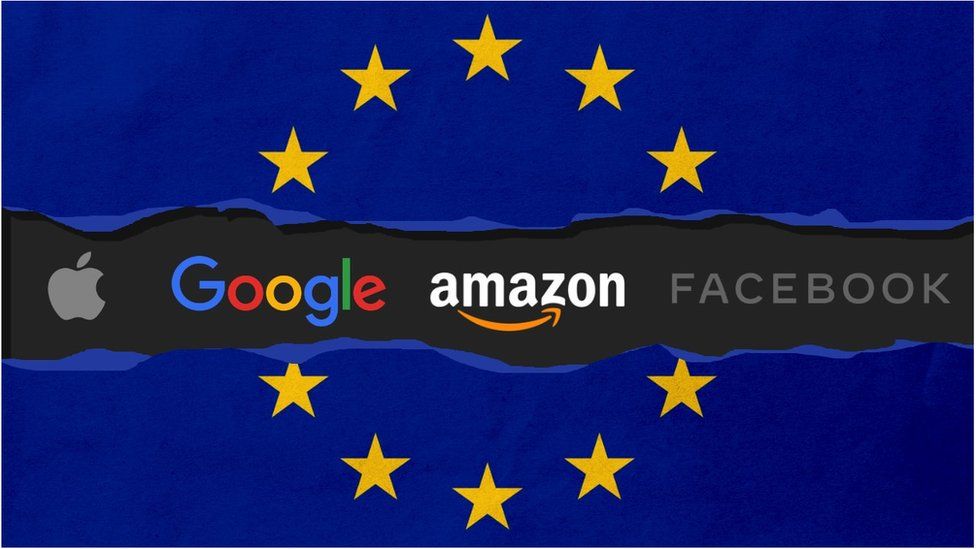
The European parliament has approved its Copyright Reform amidst backlash from tech giants and users alike including the likes of Google, Wikipedia and GitHub.
It’s been a long time coming for the controversial policy but today’s vote by the members of the European Parliament (MEPs) means this the last say from the body after months of debates including inputs from tech giants. This also means that this is now the official position of the law making arm of the EU. The main thing left to make it an official law is for the EU Council to approve it in April which is probably going to happen at this time.
| [xyz-ihs snippet=”article-11-and-13″] |
The vote was a convoluted one and could’ve gone different ways, as there were isolated votes on whether to pass the mandate without the questionable Article 11 which proposd some kind of tax on copyright links and Article 13 for taxes on upload filters. Be that as it may, the Copyright Reform passed flawlessly with the Article 13 correction being rejected with a majority of 5 votes. It passed with 348 Members of Parliament in favour, 274 against, and 36 abstentions, the Copyright Directive was therefore adopted.
| [xyz-ihs snippet=”google-europe-pres”] |
Once Article 11 becomes law, it means that you won’t even be able to simply add a link referencing a journalistic material rather you would have to seek their permission in order to add such links if you want to avoid penalties. Most news sites and website aggregators will be the worst hit as this is the current business model of many organisations.
Article 13 will make it a copyright offense for anyone to upload content thatit not theirs by requiring website owners to create upload filters. This means that sites are now liable for what people upload to their platforms. So a site like YouTube could be one of the worst hit which explains Google’s quick protest to the legislation.
| [xyz-ihs snippet=”google-europe-on-article-11-and-13″] |
| [xyz-ihs snippet=”google-europe-pres”] |
Pirate Party MEP Julia Reda, who has been a standout amongst the most vocal rivals of the Copyright law.
Prior today she encouraged her colleagues to dismiss the plans and wen t further to describe it as “dark day for internet freedom.” She is also the Vice-President of the Greens/EFA Group, says they will keep on battling against this new European law.
She added that “The new copyright law as it stands undermines a free web as we probably am aware it: Algorithms can’t recognize real copyright encroachments and the impeccably lawful re-utilization of substance for purposes, for example, spoof. Obliging stages to utilize transfer channels will prompt progressively visit hindering of legitimate transfers and make life troublesome for littler stages that can’t bear the cost of costly channel programming”.
| [xyz-ihs snippet=”youtube-creators-article-11″] |
| [xyz-ihs snippet=”github-article-11″] |
But not everyone opposes the new law and one of them is Frances Moore who is the CEO of the music group IFPI, he said this was good for rights holders. She said she was looking forward to seeing the law implemented. In a statement, she said “This world-first legislation confirms that User-Upload Content platforms perform an act of communication to the public and must either seek authorization from rightsholders or ensure no unauthorized content is available on their platforms. The Directive also includes a ‘stay down’ provision requiring platforms to keep unlicensed content down – another global first.”
For the law to be upturned, it would require at least one key member to reject it but it looks like German and Poland for example may not be willing at this point unless the thousands of protesters can convince their representatives to reject it when it’s debated at local levels. EU Directives must be transposed, ie composed into every part nation’s national law. Member nations have until 2021 to transpose the Copyright Directive, yet EU once in a while holds its individuals to that due date, so it could take much more.
The EU has fined several tech companies mostly American billions of Euros over the years for several infringements including antitrust and other competition practises.
Discover more from TechBooky
Subscribe to get the latest posts sent to your email.















